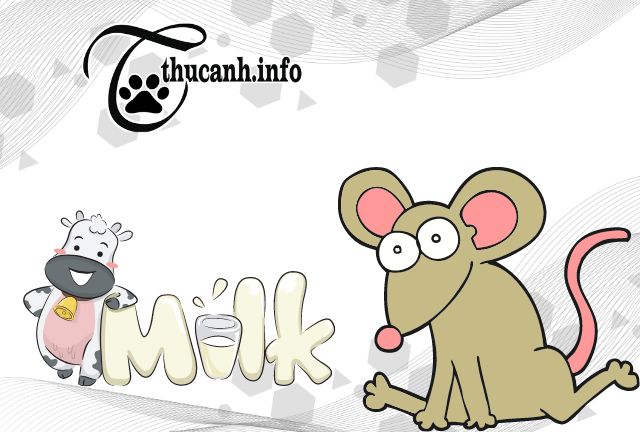Are you wondering, “Can hamsters drink milk?“ It’s a common question among hamster owners, and it’s essential to understand the facts before considering milk as part of your hamster’s diet. In this article, we will delve into the topic and explore whether milk is a suitable beverage for our adorable furry friends. Let’s uncover the truth and shed light on the potential risks and benefits associated with hamsters consuming milk. So, if you’re curious about whether milk is a safe choice for your hamster, join us as we unravel the mystery and provide you with valuable insights.

Can Hamsters Drink Milk? Debunking the Myth and Revealing the Truth
1, Can hamsters drink milk?
Hamsters are lactose intolerant, which means their bodies have difficulty digesting lactose, the sugar present in milk. While some hamsters may tolerate small amounts of milk, it is generally not recommended as a regular part of their diet. It is best to provide them with alternatives that are more suitable and beneficial for their health.
2, Factors to consider before giving milk to your hamster
Before offering milk to your hamster, it is crucial to consider several factors. Firstly, their individual health should be taken into account. If your hamster has any pre-existing health conditions or digestive sensitivities, it is advisable to avoid giving them milk altogether. Secondly, the age of your hamster is important. Younger hamsters may have a harder time digesting milk compared to adult ones. Lastly, their overall diet should be considered. Hamsters are primarily herbivores and thrive on a diet rich in fresh fruits, vegetables, and high-quality hamster pellets. Milk should not be a substitute for these essential dietary components.
3, The digestive system of hamsters and its compatibility with milk
Hamsters have a specialized digestive system adapted for processing plant-based foods. Their bodies are not designed to digest dairy products effectively. Feeding milk to hamsters can lead to digestive issues, including diarrhea and stomach upset. It is important to prioritize their digestive health and provide them with suitable food options that promote optimal digestion and overall well-being.
In conclusion, while hamsters may occasionally tolerate small amounts of milk, it is generally not recommended due to their lactose intolerance. It is best to focus on a balanced diet consisting of hamster-friendly foods and avoid introducing milk into their regular feeding routine. Always prioritize your hamster’s health and consult with a veterinarian for specific dietary recommendations.
4, Potential risks and drawbacks of feeding milk to hamsters

Potential risks and drawbacks of feeding milk to hamsters
Milk can be high in fat and calories, which can lead to obesity and other health problems in hamsters. Additionally, the lactose in milk can cause digestive discomfort and may contribute to nutritional imbalances.
Alternative options for providing nutrients to hamsters.
To ensure your hamster’s health and well-being, focus on a balanced diet consisting of specially formulated hamster food, fresh vegetables, and occasional fruits. These options provide essential nutrients without the risks associated with milk consumption.
5, Safe and healthy dietary choices for hamsters
Offer your hamster a variety of hamster-specific foods, such as pellets, seeds, and fresh vegetables. Ensure they have access to fresh water at all times. This will help meet their nutritional needs and keep them healthy.
6, Importance of a balanced diet for hamsters’ well-being
Maintaining a balanced diet is crucial for hamsters’ overall health and longevity. A well-rounded diet supports their immune system, digestion, and overall vitality.
7, Exploring suitable treats for hamsters
Instead of milk, you can offer hamsters occasional treats specifically designed for them. These can include small pieces of fruits like apples or carrots. Always introduce new foods gradually to monitor your hamster’s reaction.
In conclusion, it is important to note that hamsters are generally lactose intolerant, and giving them milk is not recommended. Their digestive systems are not designed to process dairy products effectively. Therefore, it is best to avoid offering milk to hamsters. Instead, focus on providing a well-balanced diet consisting of hamster-friendly foods such as fruits, vegetables, and pellets. It help you reply “Can hamsters drink milk?
If you have any concerns about your hamster’s diet, consult a veterinarian specializing in small animals for professional advice. By prioritizing their health and nutrition needs, you can ensure the well-being of your hamster.
Nguồn: Thú Cảnh


